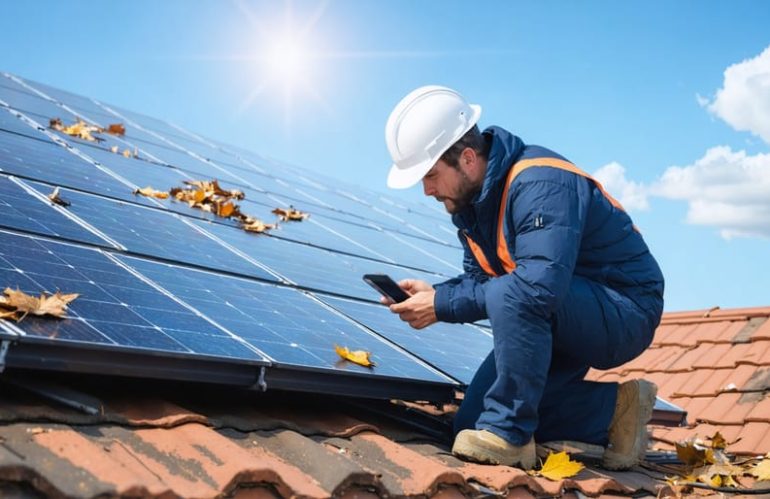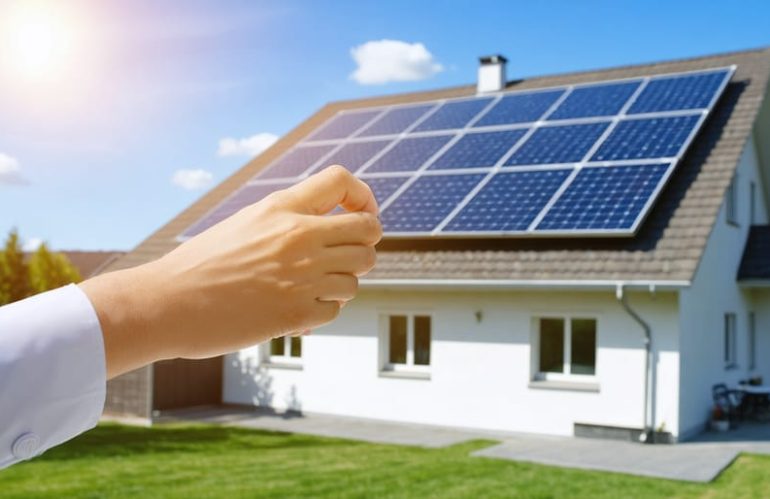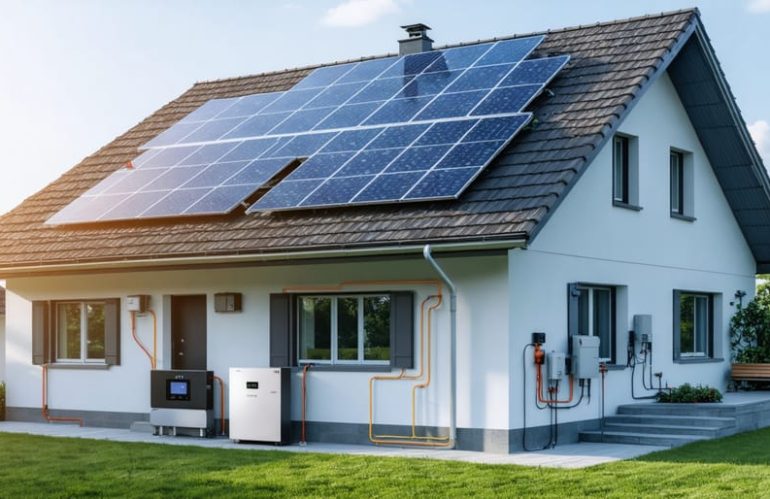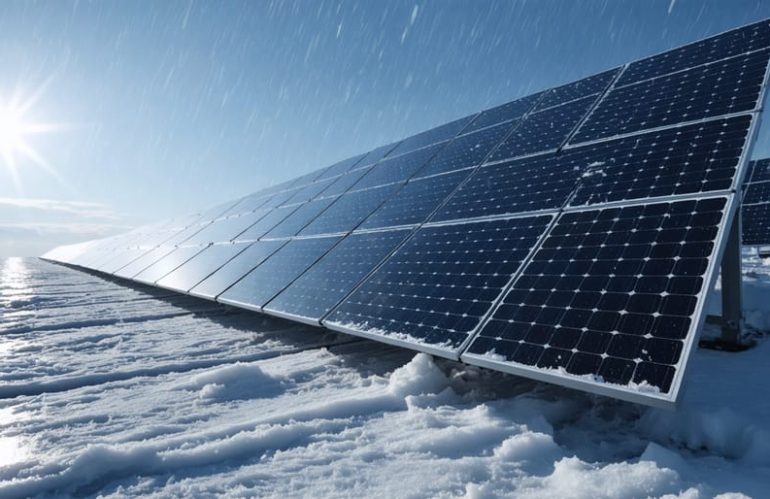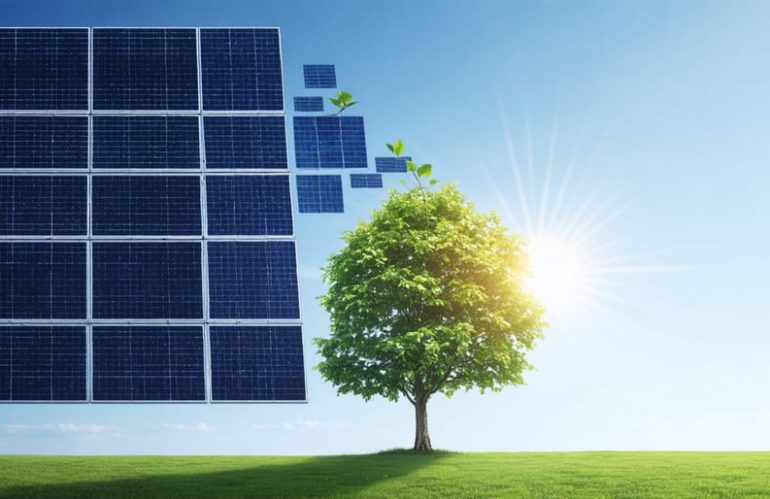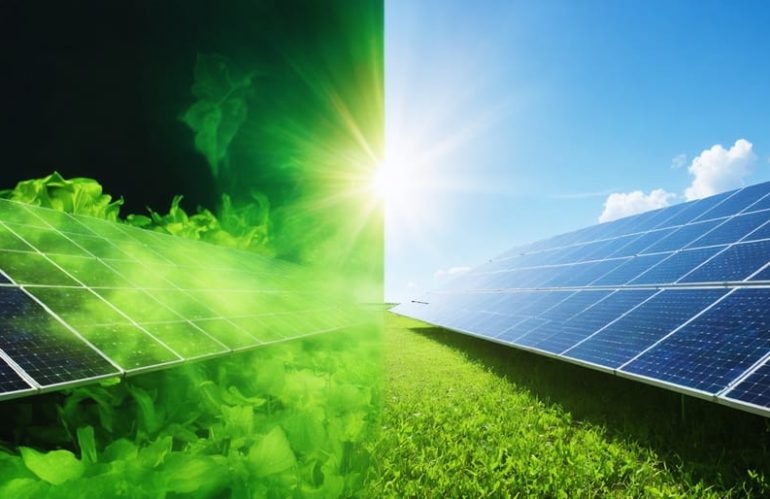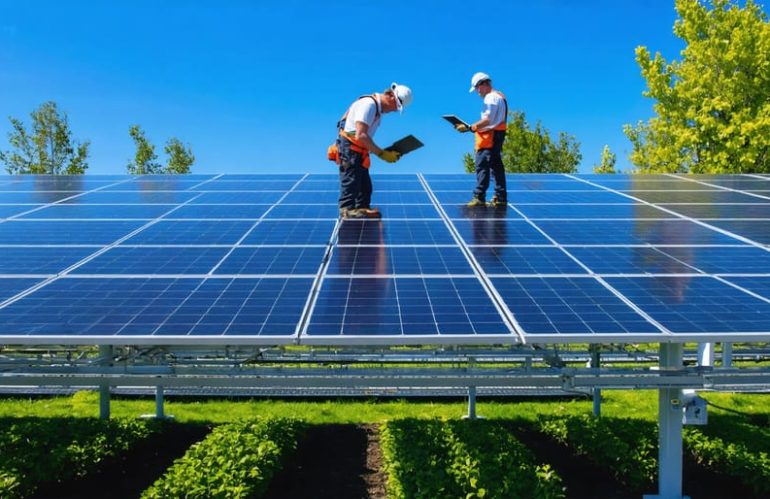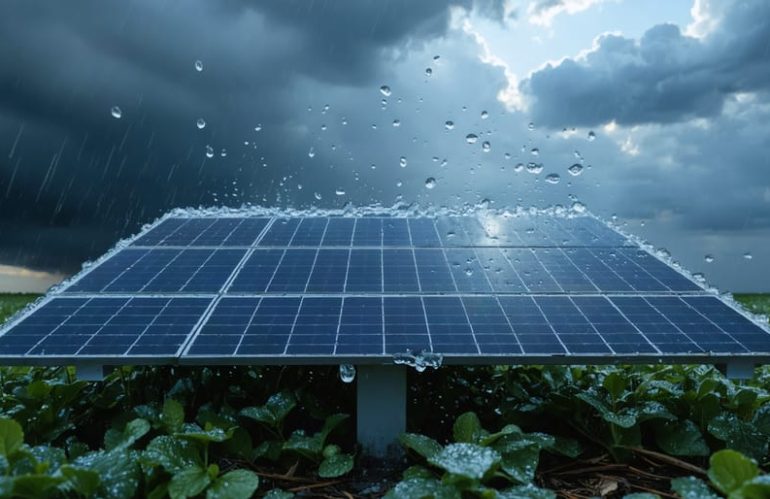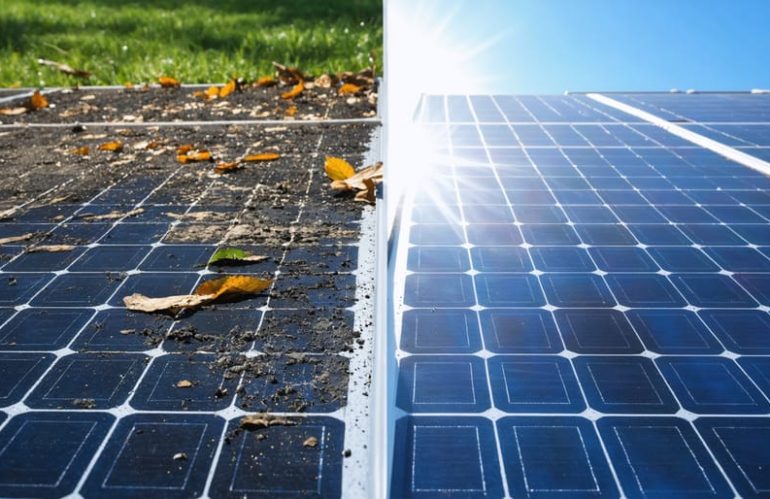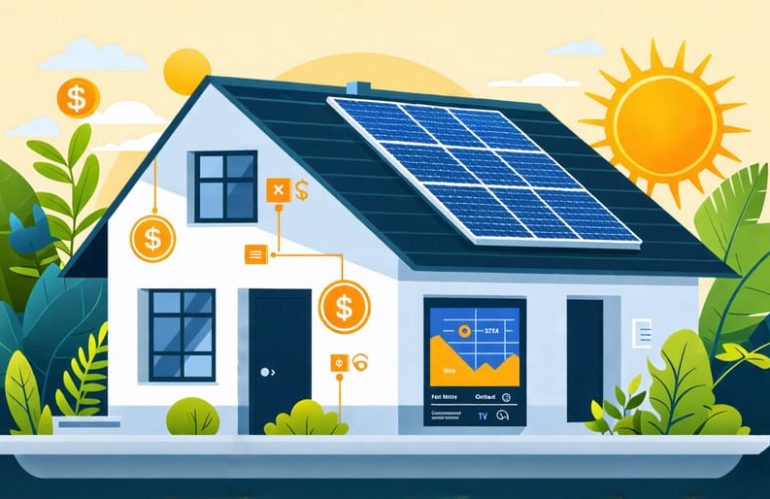When your solar panels stop producing power, the solution often lies in simple fixes you can identify within minutes. Check your inverter’s indicator lights first – a green light means normal operation, while red or orange signals a potential issue requiring attention. Inspect your panels for physical debris, snow, or shade from newly grown trees, as these common obstacles can reduce energy production by up to 25%. Monitor your system’s performance through your solar monitoring app or device to spot unusual drops in power generation that might indicate underlying problems.
If these initial checks don’t reveal…
Category: Maintenance and Operations
Guides, procedures, and best practices for maintaining and operating solar panel systems
Yes, Your Solar Panel Warranty Can Move With You – Here’s What to Know
When selling or buying a home with solar panels, warranty transferability can significantly impact your ability to protect your solar investment. Most major solar manufacturers offer transferable warranties that seamlessly transition to new homeowners, typically covering performance and equipment for 25 years. However, the transfer process isn’t automatic – specific documentation and registration requirements must be met within strict deadlines to maintain coverage. Understanding these warranty …
Solar System Health Monitor: Keep Your Home’s Power Running Strong
Understanding your home’s solar power system starts with mastering its core components and their interconnections. A residential solar monitoring system diagram reveals the elegant simplicity behind this powerful technology. From roof-mounted panels capturing sunlight to inverters converting DC power into usable AC electricity, each element plays a crucial role in powering your home sustainably. This visual roadmap helps homeowners optimize their system’s performance, …
How Durable Are Solar Panels Really? The Tests That Prove Their Toughness
Why Durability Matters for Solar Panels
When investing in solar panels for your home, it’s important to consider the long-term nature of this decision. While the upfront costs may seem significant, solar panels are designed to provide clean, renewable energy for decades, offering substantial savings on your electricity bills over time. However, to maximize your return on investment (ROI) and ensure optimal performance throughout the lifespan of your solar system, durability is a crucial factor to consider.
Solar panels are exposed to various environmental stresses, such as extreme temperatures, high winds, hail, snow…
How Long Do Solar Panels Really Last? The Truth About Lifespan
Solar panels are built to last, but just how long can you expect them to keep powering your home? The average lifespan of a solar panel is 25-30 years, meaning your investment in clean energy will pay dividends for decades. While factors like climate, maintenance, and manufacturing quality can impact longevity, most panels are engineered to withstand the elements and retain 80%+ of their original power output after 25 years. So when you go solar, you’re not just saving money on electricity bills – you’re making a lasting commitment to sustainable living that will benefit both your wallet and the planet for years to come…
Shedding Light on Non-Toxic Solar Panels: A Brighter Future for Your Home and Planet
Imagine a world where your solar panels not only power your home but also protect the environment. Non-toxic solar panels are revolutionizing the industry, offering a sustainable solution without compromising performance. Unlike conventional panels that often contain hazardous materials like lead, cadmium, and toxic chemicals, these innovative alternatives prioritize eco-friendliness at every stage of their life cycle. By embracing non-toxic solar technology, homeowners can reduce their carbon footprint, support a circular economy, and contribute to a greener future. Discover how Residential Solar Panels is leading the charge in providing …
Keep Your Solar Panels Shining: 7 Simple Maintenance Tips
Inspect solar panels regularly for dirt, debris, or damage that could impact efficiency. Clean panels periodically using a soft brush, mild soapy water, and a squeegee to maintain optimal energy production. Trim nearby trees or vegetation casting shade on panels to maximize sun exposure and system performance. Schedule an annual professional inspection to identify and address any technical issues, ensuring your solar array continues operating at peak capacity for years to come.
Why Solar Panel Maintenance Matters
Optimal Energy Production
Regular cleaning and inspections are essential for ensuring your solar panels…
Can Your Solar Panels Survive a Brutal Hailstorm?
Solar panels are built to withstand extreme weather conditions, but hailstorms can pose a significant threat. While modern solar panel designs incorporate durable materials and robust construction techniques, the impact of hailstones—especially those exceeding one inch in diameter—can potentially crack or shatter the panels’ protective glass layer. This damage not only reduces energy production but also exposes the underlying photovoltaic cells to moisture and debris, leading to further deterioration and safety hazards. As climate change increases the frequency and severity of hailstorms in many regions, solar panel owners must …
Solar Panel Cleaning Secrets: Boost Your System’s Lifespan and Output
Regularly clean your solar panels to ensure optimal energy production and extend their lifespan. Contrary to popular belief, solar panels do require periodic maintenance to function at peak efficiency. Without proper care, dirt, debris, bird droppings, and other contaminants can accumulate on the surface, reducing the amount of sunlight absorbed and electricity generated. By implementing a consistent cleaning schedule, you can maximize your system’s performance, lower your energy bills, and protect your investment in renewable energy. Fortunately, maintaining your panels is relatively simple and inexpensive, often requiring little …
Harness the Power of the Sun: Why Your Home Needs a Solar Monitoring System Now
Optimize your energy consumption by investing in a home solar monitoring system. Assess your current solar production and consumption regularly to identify energy-saving opportunities. Analyze data from your monitoring system to adjust appliance usage during peak solar production for maximum benefit. Choose a user-friendly system with real-time monitoring capabilities to gain immediate insights into your efficiency efforts. Incorporate cost-benefit analysis tools available with most monitoring systems to track financial savings over time. Debunk myths about complexity by referring to comprehensive guides like our …

